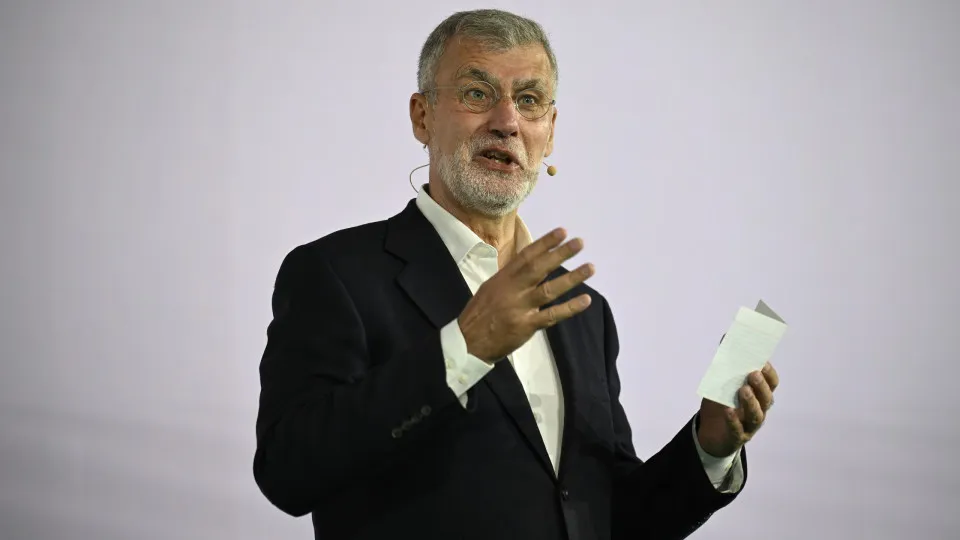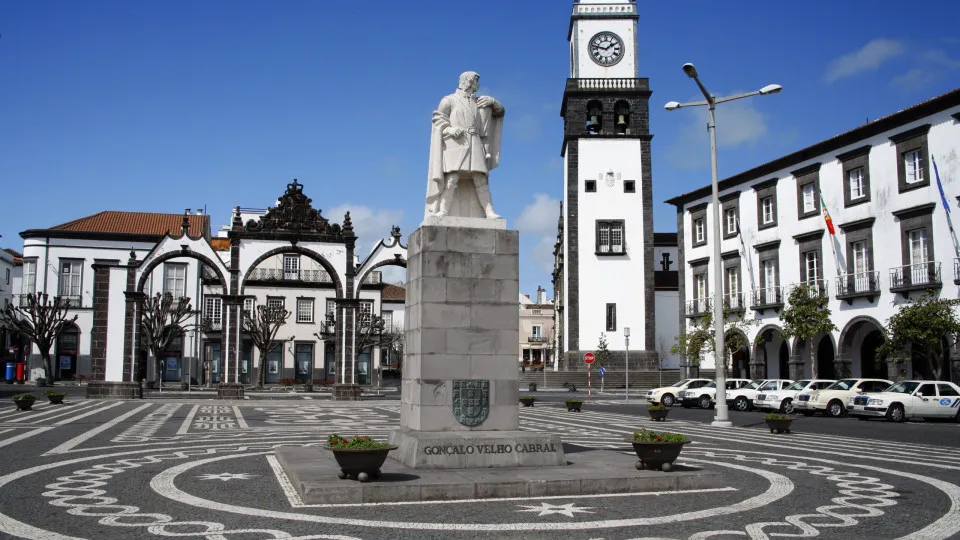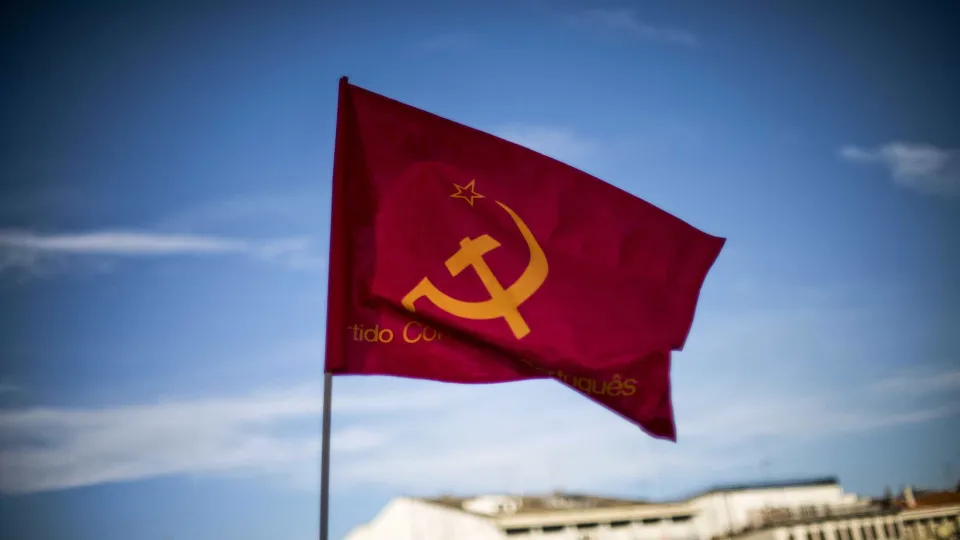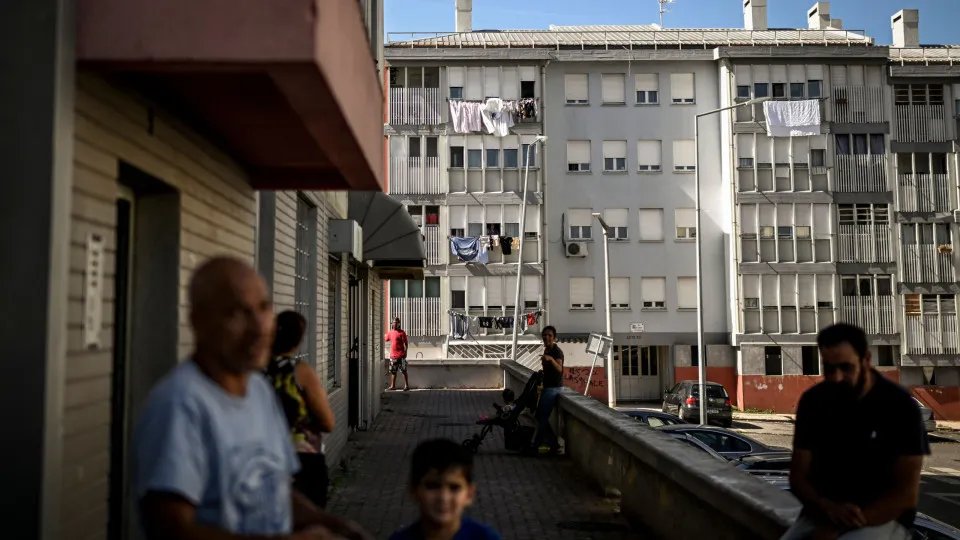
In an interview, Luís Montenegro, Admiral Gouveia e Melo, expressed indignation about situations where individuals are kept “on the back burner” to have their cases reopened when convenient.
According to the former Chief of Staff of the Navy, when there is a suspicion relative to a political figure, the process “should proceed as quickly as possible” to discern whether the person should remain active.
“Dragging out the process is like a slow torture affecting two things: it tortures not only the politician but also the political system because it discredits it,” he stated.
Gouveia e Melo specifically cited the case of former Socialist Infrastructure Minister João Galamba, who was reportedly under surveillance for four years without any charges, expressing his discontent over this situation.
“Either he committed something, is caught, a criminal case is filed, he goes to court and is convicted, or not. Otherwise, we have an indirect surveillance system of people. A permanent suspicion. We keep surveilling, surveilling, surveilling the person until they do something. That is very dangerous for democracy. Truly dangerous for democracy,” he argued.
Gouveia e Melo expressed a desire for “justice that is consistent over time, not fluctuating with media cycles driven by election periods or other political timings.”
“I would like to see quick, effective, and efficient justice. Unfortunately, that doesn’t happen. Certain things displease me as a human being and as a citizen,” he remarked.
To counter this scenario, the admiral proposed that the President plays a “very important role” related to his position of influence.
“Democracy demands a complete separation of powers, between the legislative, executive, and judicial branches. Then, there is the President, who is the moderator, an arbiter. When we start mixing these elements, we are undermining democracy. The judiciary does not engage in politics. And the executive does not interfere with the judiciary,” he said.
Gouveia e Melo opined that “these two things must be sacred,” and the judicial processes should not be prolonged in the public eye as this also represents “a political act” affecting the political system.
Moreover, he found it “extraordinarily strange” when specific politicians return to the stage and the judicial processes involving them resurface.
“Why is there a coincidence?” he questioned, then answered himself: “No, it’s to keep it on the back burner for when it’s convenient… more informed citizens say: ‘well, there is manipulation,’ but the less informed citizen says ‘all politicians are corrupt.'”
“What do we want? To destroy democracy? Destroy the credibility of all politicians? And then who governs us? Is it the dictator who then imposes silence? This is what is dangerous for democracy,” concluded the admiral.



